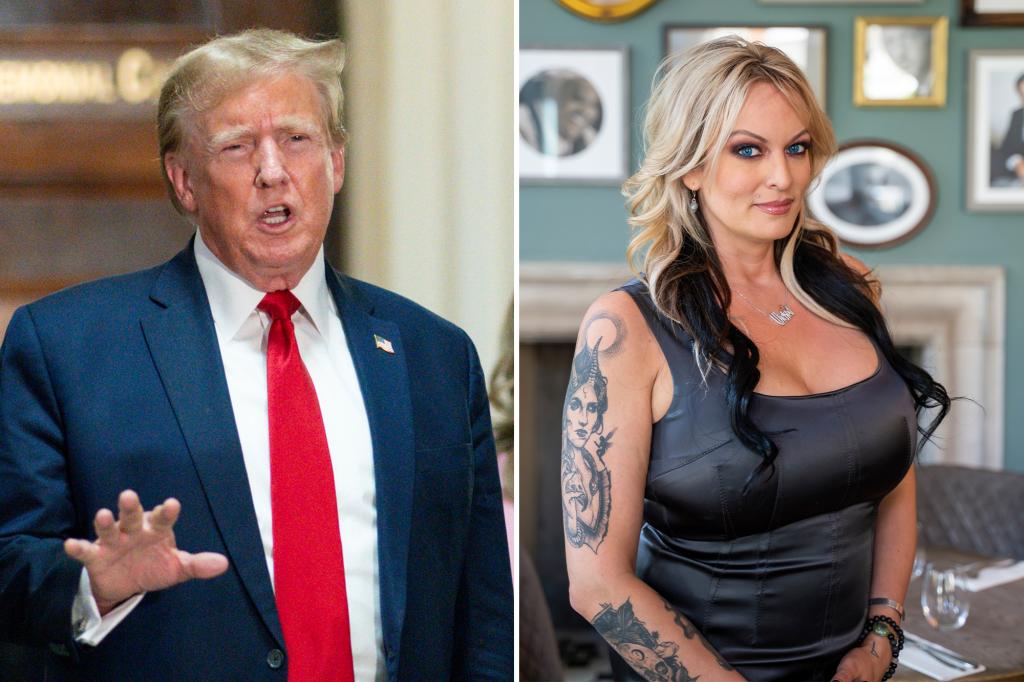The upcoming Manhattan criminal trial of former President Donald Trump will put a hush money payout made to Stormy Daniels on the eve of the 2016 election back in the spotlight. Trump, who is facing 34 felony counts of fudging business records to conceal the payoff to Daniels, has pleaded not guilty to the charges. He claims that the case brought against him by District Attorney Alvin Bragg is politically motivated. The trial will involve jury selection and will mark the first-ever criminal trial of a US president, with 12 Manhattanites set to decide whether Trump breached New York law.
Trump is specifically charged with falsifying business records by lying on company records and trying to hide the payments he made to Daniels through his then-fixer Michael Cohen by describing them as legal services. While it is legal in New York for private citizens to pay off individuals to bury sex scandals, lying on business records is a felony. Each count of first-degree falsifying business records is punishable by up to four years in prison, although it is unclear if prosecutors will seek prison time for Trump if he is convicted. Bragg alleges that the payment to Daniels broke local election laws and was a violation of campaign finance regulations.
If found guilty, Trump could still run for and win the presidency again. However, a guilty verdict would present new challenges for Trump’s branding and public image. Trump has continually painted himself as a victim of political witch hunts, but a conviction could shift public opinion of him. In the trial, Trump’s defense is expected to challenge the legal merits of the case and present arguments to sway public opinion. Trump’s lawyers will likely argue that he did not have the intent to cover up the payoff and may question the credibility of Cohen’s testimony.
Witnesses in the trial are expected to include Michael Cohen, David Pecker, former National Enquirer boss, Stormy Daniels, Karen McDougal, former Playboy Playmate paid to keep quiet about an affair, and Hope Hicks, former White House Communications Director. The trial is set to last between six to eight weeks with Trump required to be present throughout the proceedings. While the trial will not be televised, media outlets will provide coverage of the events. While the case against Trump is unique as no US president has been tried for a crime before, the charges of falsifying business records are not uncommon in New York. Prosecutors in Manhattan have regularly brought cases related to the charge in the past decade.


